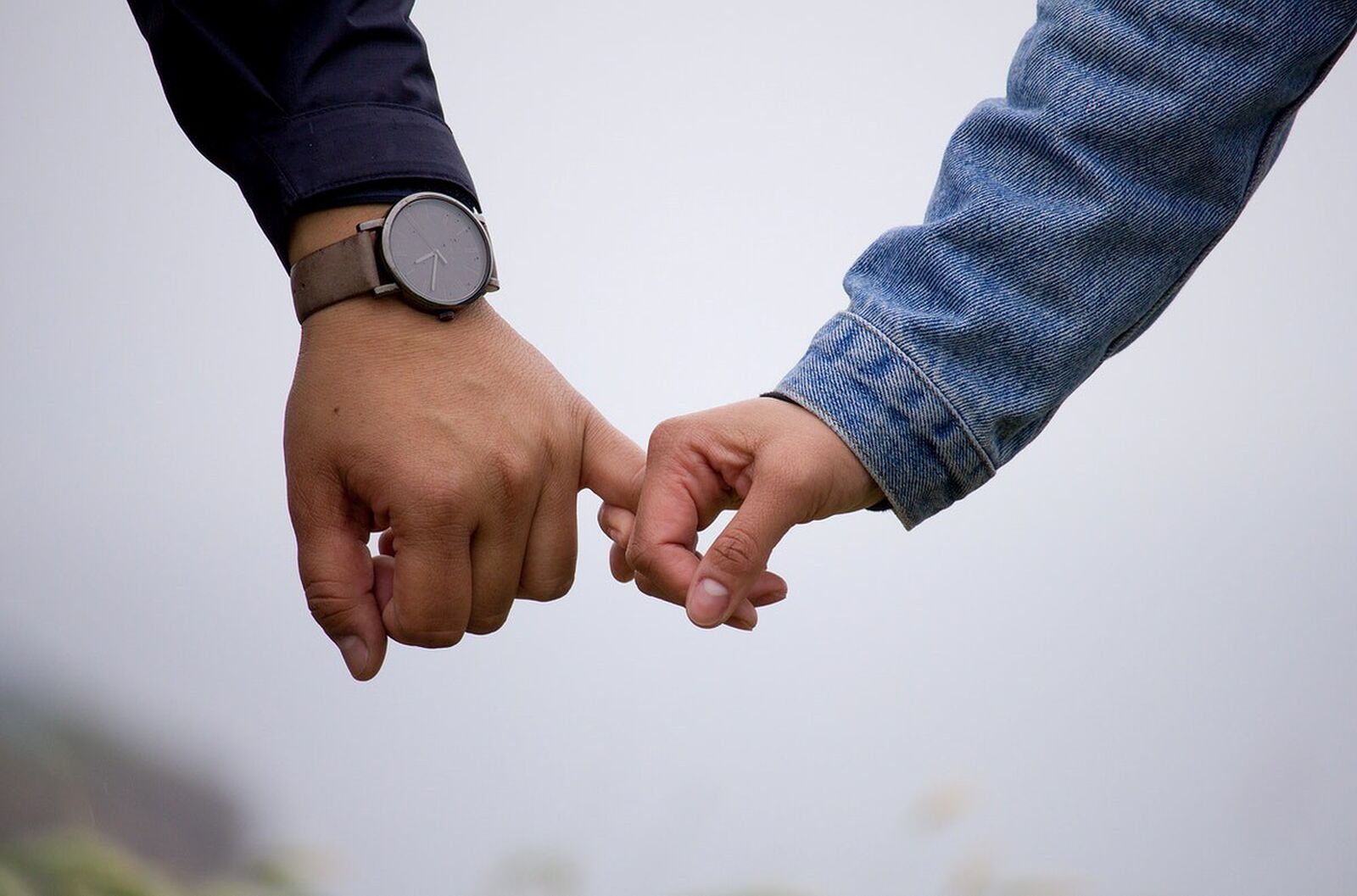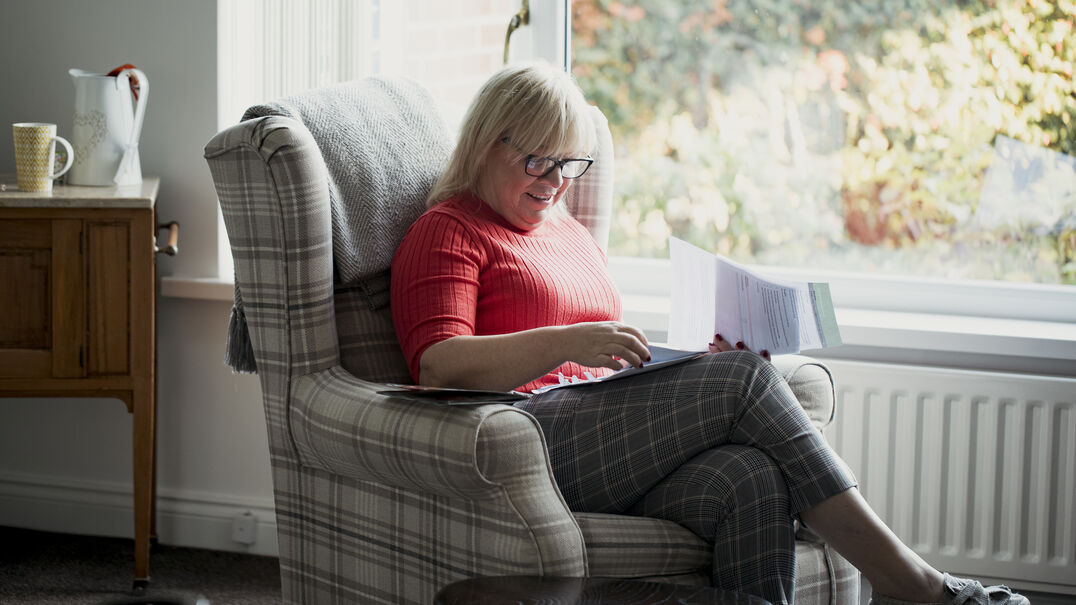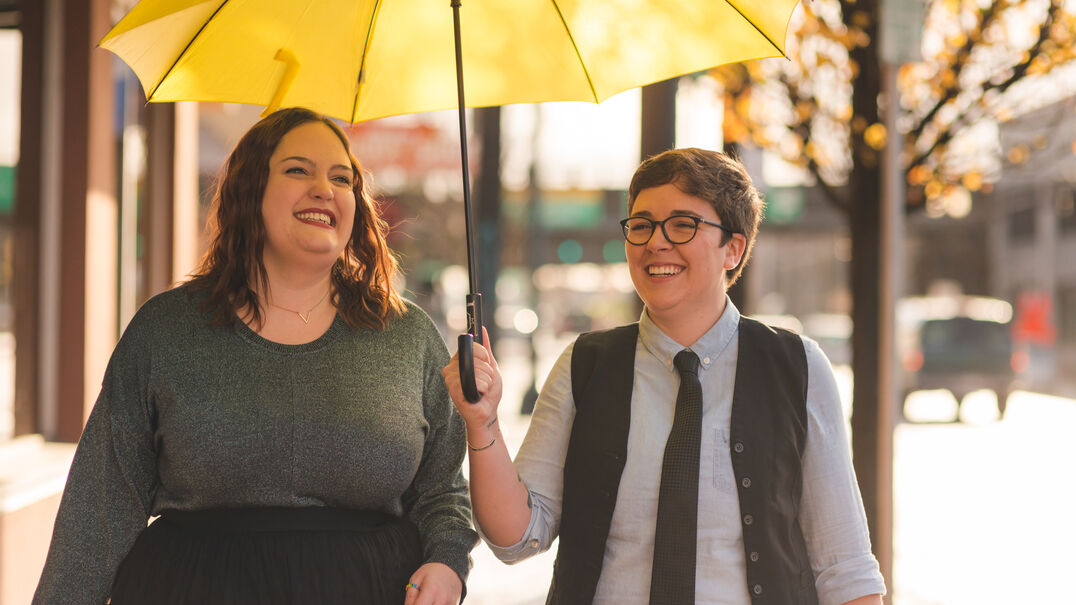A person always has a choice about how they behave in a relationship. The most important thing is that you take responsibility for your behaviour and adopt strategies to ensure you don't repeat it.
Acknowledging your behaviour is the first step
If you're being abusive towards your partner, the hardest thing is admitting your behaviour is wrong. Admitting responsibility for abusive, controlling and violent behaviour takes strength and courage. It's a good first step to ending the abuse and violence.
Key questions to ask yourself:
- Do you find it hard to talk about or express your feelings and then end up exploding?
- Do you feel jealous and possessive of your partner, ex-partner or other family members and try to stop them spending time with other people you don't approve of?
- Do you put your partner, ex-partner or other family member down by saying mean things and humiliating them?
- Do you constantly check up on your partner, ex-partner or family member, watch them from a distance or monitor their phone or online accounts?
- Do you make your partner, your children or other family members feel afraid at times so that they are more likely to do what you'd like them to do?
- Do you force, coerce or cajole your partner or ex-partner into having sex with you?
- Do you constantly apologise for your behaviour but keep doing it?
- Do you feel it's your role to make all the major decisions in your family, such as financial decisions?
If you have answered yes to one or more of these questions, it is likely you are using abusive behaviour in your relationship and hurting someone you care about. Importantly, help is available to support you to change this behaviour,
Remember there’s no excuse of abuse
Each of us makes choices about how we act. Blaming your choice to use violence and abuse on the person you are abusing, on losing control, having too many drinks, or being stressed about work or money worries is a way of avoiding responsibility for your behaviour. Most people who are violent and abusive in their family relationships don't often act violent, abusive and controlling outside of the home.
You might even do or say things to avoid or reduce responsibility for your behaviour, such as:
- "I wasn't being abusive"
- "I only pushed them, I didn't hurt them"
- "I was angry and lost control"
- "If they stopped annoying me I wouldn't have had to do it"
- "It's not my fault, I'm under a lot of stress right now"
- "I was drunk and I didn't know what I was doing"
- "They deserved it"
There is no excuse for using violence and abuse in your intimate or family relationships. No one deserves to be hurt or scared of you and what you might do. Not your partner or ex-partner, not the children, or anyone else in your family. The safety of your family or loved ones is the most important thing to consider when you decide to change your behaviour.
Support is available
Getting professional help to learn new ways of having a healthy relationship with your partner or loved one is the next step. Changing abusive behaviour will take time and will challenge the beliefs you held that you used to justify your behaviour. You can't do this alone but with help, courage and determination, you can change and learn how to treat your partner, ex-partner, children and other family members with respect.
By learning to understand and be better aware of your emotions, you'll be able to recognise when you feel like using violence or abuse and use strategies to help you decide to not to use this method relating to people.
What you can do
Remember that using violence is a choice. You are responsible for how you act and behave. Here are some of the ways you can change your behaviour:
- Respect the wishes of your partner, ex-partner, children or other family members if they don't want to spend time with you while you are learning to change your behaviour.
- Safety first. Remove yourself from the situation if you feel that people are unsafe by around you.
- Make a commitment to change. Changing your behaviour will take time, effort, persistence and patience. Be prepared to do the hard work it takes to make your relationships with your loved ones healthier.
- Think about how your abusive and violent behaviour has affected your partner, ex-partner, your children and other family members. Focus on accepting responsibility for how seriously you have hurt the people you care about.
- Realise that your violent and abusive behaviour affects the person you are directly targeting as well as children and other family members who see, hear and are otherwise aware of your violent and abusive behaviours and their impacts. Children in particular suffer serious mental and physical health impacts when exposed to abusive behaviour.
- Accept the consequences of your actions. Your partner, ex-partner, child or other family member has the right to get help from police, courts or other services. Sexual, domestic and family violence is a crime. Also accept that using violence and abuse creates lasting damage to relationships and can lead to relationships ending.
- Get professional assistance. There are services and programs that will help you make the commitment and develop strategies to stop your abusive and violent behaviour and create better, safer relationships.


 1800 385 578
1800 385 578

